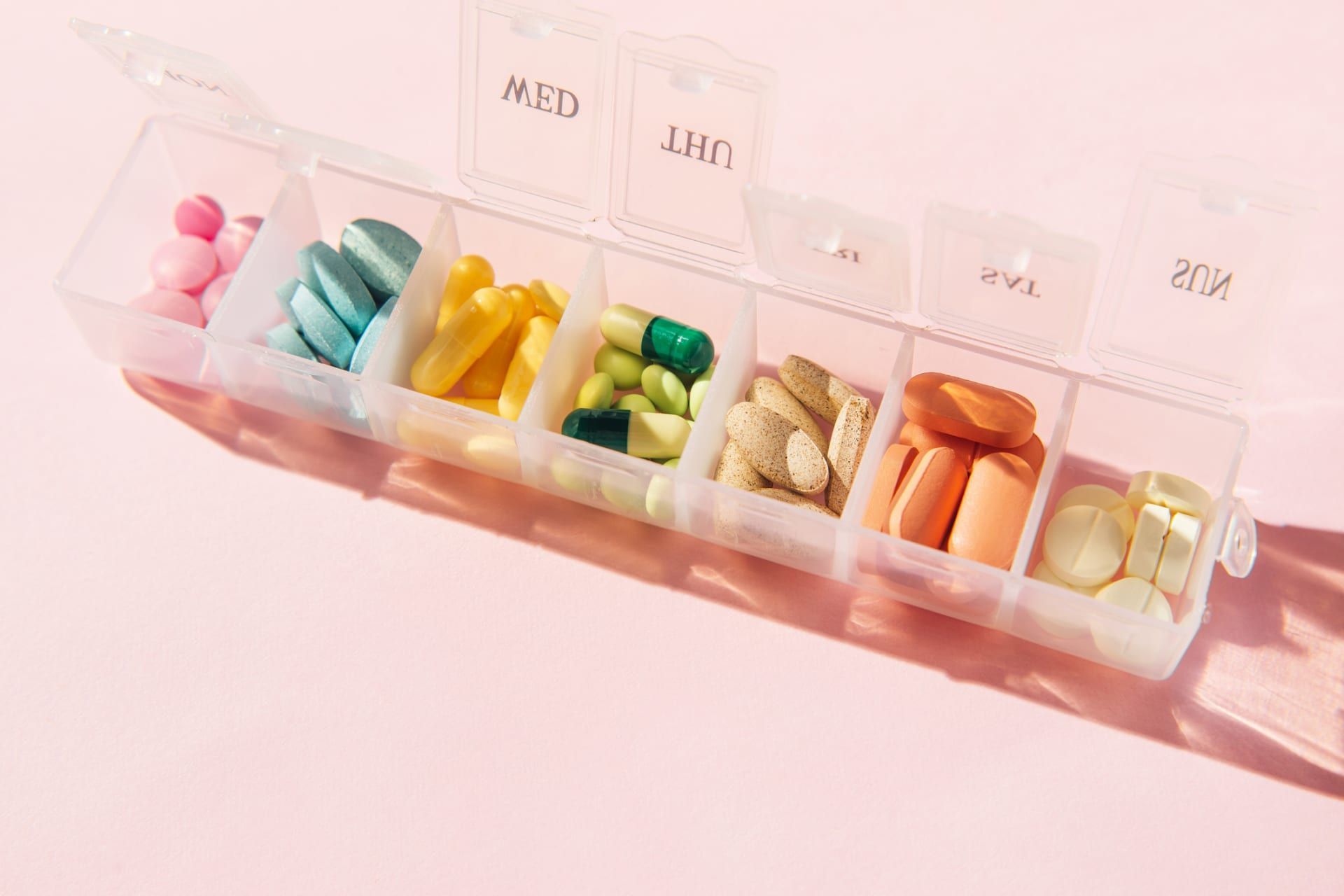Why Vitamin D Might Be the Secret to Staying Younger, Longer
Could a simple daily supplement help you age more gracefully? Emerging research suggests that vitamin D — long recognized for its role in supporting bone health — may also play a significant role in slowing the aging process.
Often called the 'sunshine vitamin,' vitamin D is produced when your skin is exposed to sunlight. It helps regulate calcium and phosphate levels, which are essential for maintaining healthy bones, teeth, and muscles. However, in recent years, scientists have begun to uncover vitamin D's more profound influence on the body, particularly its impact on aging.
New studies suggest that maintaining adequate vitamin D levels helps protect against the chronic inflammation, immune decline, and oxidative stress that contribute to biological aging. In other words, vitamin D might be doing more than just strengthening your bones — it could be keeping your cells young.
Recent findings published in journals such as Aging Cell and The Journal of Gerontology suggest a connection between vitamin D and longer telomeres — the protective caps on the ends of chromosomes that naturally shorten as we age. Shorter telomeres are associated with a higher risk of chronic diseases and a shorter lifespan.
Beyond its potential to slow the aging process, vitamin D offers a wide range of health benefits:
- Strengthens bones and teeth by aiding calcium absorption
- Supports immune function, helping to defend against infections
- Reduces inflammation, a key driver of many chronic diseases
- Improves mood and may help reduce symptoms of depression
- Supports muscle strength, reducing the risk of falls in older adults
- Lowers the risk of certain diseases, including heart disease, diabetes, and some cancers
How to Boost Your Vitamin D Intake
Many people don't get enough vitamin D through sunlight or diet alone. Here are a few ways to boost your intake:
1. Get Safe Sun Exposure
Spending 10–30 minutes in direct sunlight several times a week can help the body produce vitamin D naturally. Factors such as skin tone, age, and geographic location can influence the amount of sun exposure required.
2. Eat Vitamin D-Rich Foods
Add more of the following to your diet:
- Fatty fish like salmon, mackerel, and sardines
- Fortified dairy products and plant-based milks
- Egg yolks
- Beef liver
- Fortified cereals and orange juice
3. Take a Daily Supplement
A daily vitamin D supplement (typically 600–800 IU for adults) is an easy and affordable way to maintain optimal levels. Some people may require higher doses based on their age, health conditions, or blood test — always consult with your doctor first.
4. Combine with Healthy Fats
Because vitamin D is fat-soluble, consuming it with healthy fats (like avocado, nuts, or olive oil) can improve absorption.
While there's no single solution to stop aging, vitamin D is proving to be a powerful ally in the quest to stay healthy and energized as we grow older. From supporting strong bones to preserving cellular youth, this often-overlooked nutrient may just be one of the simplest ways to invest in your long-term well-being.
If you're looking to age well and feel better doing it, a little sunshine — or a daily supplement — might be a smart place to start.
Credit David Mills Vitamin D May Slow Biological Aging and Help You Live Longer
https://www.healthline.com/health-news/vitamin-d-supplements-may-slow-biological-aging
















